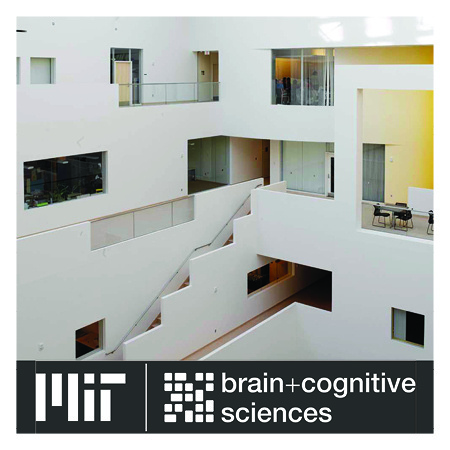
Cog Lunch: Setayesh Radkani "Towards a mechanistic understanding of observational learning" & Greta Tuckute "Frontal language areas do not emerge in the absence of temporal language areas"
Description
Setayesh Radkani
Title: Towards a mechanistic understanding of observational learning
Abstract: Humans and many other animals learn from observation of others’ actions and experiences. This capacity, referred to as “observational learning”, helps us gather information more effectively, reduce risk under uncertainty, and evaluate states of the environment that may be unreachable. What are the computational and neural mechanisms underlying observational learning, and how are they similar to or different from that of experiential learning? In this talk, I will introduce a novel task to study observational learning in humans and monkeys. I will present human data, focusing on learning from outcomes of others and how those outcomes are brought about. I will show that in a world where learning from other’s outcomes is just as beneficial as our own, even after matching all the information available, we still learn less from outcomes of others compared to our own. This behavioral pattern suggests a systematic difference between observational and experiential learning that is separate from potential information asymmetry and higher uncertainty about others.
Greta Tuckute
Title: Frontal language areas do not emerge in the absence of temporal language areas: A case study of an individual born without a left temporal lobe
Abstract: Language relies on a left-lateralized fronto-temporal brain network. How this network emerges ontogenetically remains debated. We asked whether frontal language areas emerge in the absence of temporal language areas through a ‘deep-data’ investigation of an individual (EG) born without her left temporal lobe. Using fMRI methods that have been validated to elicit reliable individual-level responses, we find that—as expected for early left hemisphere damage—EG has a fully functional language network in her right hemisphere (comparable to that in n=145 controls) and performs normally on language assessments. However, we detect no response to language in EG’s left frontal lobe (replicated across two sessions, 3 years apart). Another network—the multiple demand network—is robustly present in frontal lobes bilaterally, suggesting that EG’s left frontal cortex can support non-linguistic cognition. The existence of temporal language areas therefore appears to be a prerequisite for the emergence of the frontal language areas.

